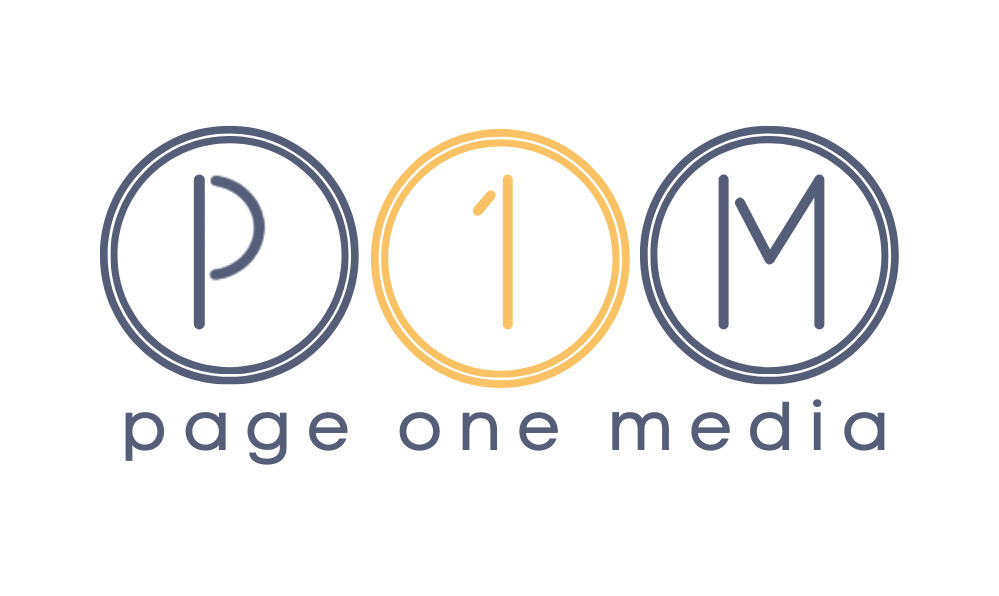
29 May The Legal Side of Book Promotion
It’s easy, especially if you employ junior marketers and publicists to carry out campaigns, to overlook or under communicate the legal aspects of marketing and publicity. We all have a million things to do and this can easily fall to the bottom of the long list of things. But I don’t need to tell you that there can be serious consequences for not having your legal best practice vetted, systemized, and regularly communicated to staff.
If you have legal counsel in house, it is worth revisiting this discussion once a year and more frequently during a major transition such as the GDPR implementation in 2018. But if you, like me, are independent, a small business, or an author taking up their own marketing, it is still worth having a discussion with a marketing or legal professional who can give you an overview on what you need to consider.
For authors, the needs are fairly small:
- Website: copyright information (protect your work), terms & conditions, cookie policy, privacy policy.
- Social Media: if you are part of an institution it is best to convey that your opinions are your own and not endorsed by your institution.
- Newsletter: you really need to follow GDPR guidelines (yes, I know you’re not a “business” per say but the basic principals still apply to you).
- Giveaways: giveaways are more legally complicated than they seem, it is worth speaking with a professional if you are planning to do them to promote your work.
For indie presses and small publishers
All of the above items for authors apply to indies, bookstores, and small businesses. I know that budgets are small but lawsuits are expensive and you might be surprised to find that you can hire a lawyer and sort all of this out pretty efficiently for a very reasonable fee (or maybe you have a friend who would do it pro bono or for a trade of services). You can carry your small business mindset over to fulfilling your legal needs and find a small firm or independent legal consultant to help you. In addition to the items above, you should also be thinking about:
- Excerpt and first serial contracts
- Prop agreements
- Terms & Conditions
- Freelancer contracts
- Vetting of contracts you sign (i.e. digital platforms, databases, advertising)
Most of us can’t afford to have a lawyer look at every contract and agreement we sign but having a basic set of legal templates will allow you to have a basis to work from. The process of creating those templates will also educate you on where the break points are for when you really do need to consult with a lawyer.
Vitally important is having a chain of command on who can sign what kinds of documents. Depending on how you set this up, your average excerpt agreement could be fine signed by a publicity manager but a contract for a $15,000 media database may need to go higher up on the chain of command because it is likely to be comprised of dozens of pages of legalese and once you sign you can be sure you are locked in. Having signed a number of these in my time, I highly recommend having a lawyer review them.
Key takeaways…
The most important thing to remember when it comes to the legal side of marketing is to over communicate. Finding a lawyer who will partner with you as a small business is critical or being open with your in-house counsel as needs arise. And finally, over communicating with your team. Never assume that staff know what they should be doing regarding the legal aspects of your business: have an order of operations clearly explained and documented in a place that is easy to find, remind them that it is there, and have it as a part of your on boarding education.
**The information provided here is not intended as a replacement for legal advice from a licensed lawyer. All publishers and authors should consult with a lawyer regarding all legal documents, promotional giveaways, GDPR requirements, etc.


